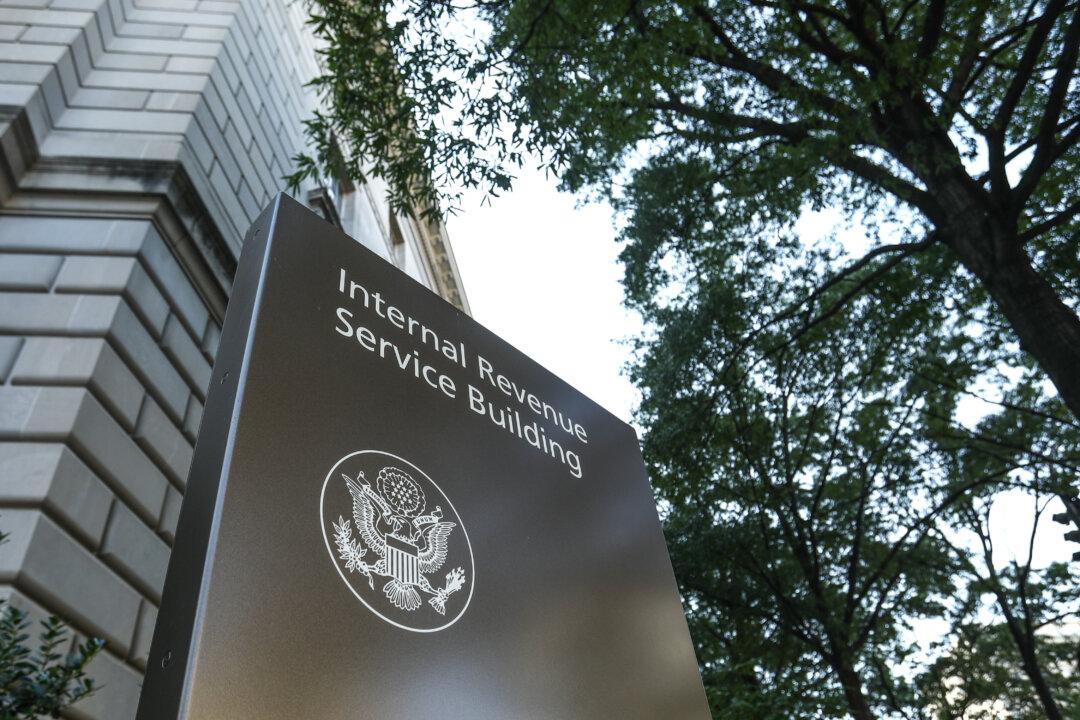
The Internal Revenue Service headquarters building in Washington on Sept. 19, 2018. Samira Bouaou/The Epoch Times
People won’t be able to start filing taxes until Feb. 12, the Internal Revenue Service (IRS) said on Jan. 15.
The delay will give the agency time to do additional programming and testing of systems following tax law changes implemented late last year.





